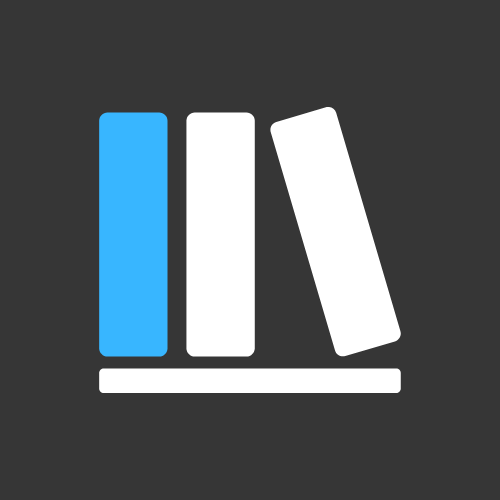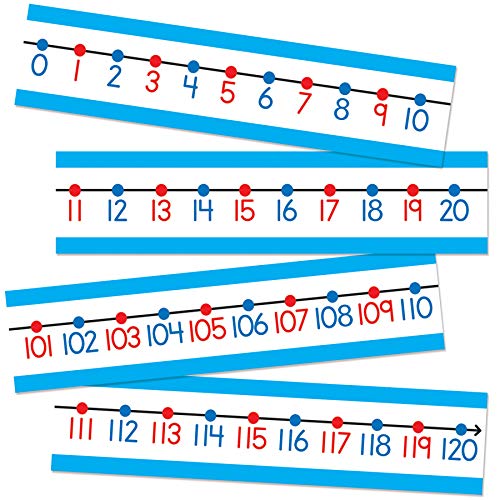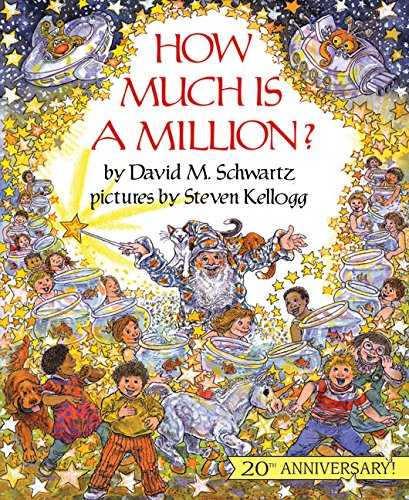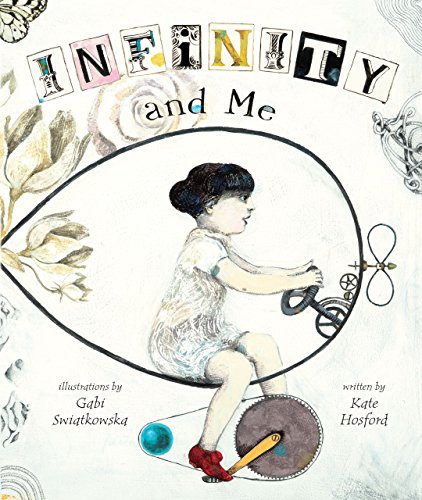On this page: Learn & Practice | Manipulatives | Estimation | Large Numbers | Roman Numerals | Picture Books
learn & practice
✏️ My Book of Numbers 1–30 and My Book of Numbers 1–120 from Kumon. For kids who need some extra practice, the Kumon math workbooks are an appealing and cost-effective option. Each grade-leveled book covers just one topic and features a clean layout and logical progression of skills. Also check out My Book of Number Games 1–70 and My Book of Number Games 1–150. – Preschool • Elementary
✏️ Math Modules from Khan Academy. Khan Academy offers a wealth of free math educational resources, including a large library of instructional videos and online practice problem sets. – Elementary • Middle
Tip – On Khan Academy, the Numbers modules are divided by grade. Grade 1 introduces numbers 0 to 120, place value, and comparison of 2-digit numbers. Grade 2 covers place value and comparison of 3-digit numbers. Grade 4 covers place value, writing whole numbers in standard, expanded, and written form, regrouping whole numbers, relating 10 to place value, and comparing multi-digit numbers. Grade 6 introduces negative numbers, number opposites, absolute value, and the coordinate plane.
✏️ Place Value from CK12. CK12 offers free, adaptive online practice across all areas of math. In the Place Value module, practice working with place value and rounding large numbers. – Elementary • Middle
🔗 Content Connection: Early Math. For young learners, find picture books for counting practice.
✏️ Number Line from PhET. “What do elevation, account balances, and temperature have in common? They can all be represented on a number line.” Explore the number line, negative numbers, number opposites, and absolute value with this pair of online simulations. Play below or click on the link above to visit the PhET website. – Elementary • Middle
manipulatives
🖐️ Base Ten Block Set. A base-ten set is an essential math manipulative to aid in a study of numbers and place value to 1000. There are many options available; the linked image is for a blue plastic set sold with an instructional booklet by Learning Resources. – All
🖐️ Number line. A number line is a useful tool to practice counting forward and backward, skip-counting, rounding, and comparing and ordering numbers. There are many different number lines available for purchase; the linked image is for a 32' wall-hangable poster that includes negative as well as positive numbers (–20 to 120). You can also make your own number line for free. – All
Tip – A fun alternative for an active child is a floor mat; kids can jump along this number line to practice adding and subtracting numbers up to 30.
🖐️ Hundred chart. Like the number line, a hundred chart is a useful aide for counting forward and backward, skip-counting, and rounding two-digit numbers. The chart can also be helpful for exploring simple number patterns. Buy a pack of 10 laminated charts through Amazon or print some for free here. – All
🖐️ Place value cards. These cards are a nice visual aide that can enhance a study of place value. The linked set includes cards representing place values from 1,000,000 to 0.001. Other options along these lines are place value flip charts and place value disks; the latter also come in handy as you advance to more challenging arithmetic concepts, such as multiplication and long division. – All
estimation
📖 Great Estimations by Bruce Goldstone."If someone handed you a big bowl of jelly beans, how would you figure out how many there are? You could count them, one by one―or you could estimate. Do you see more than five jelly beans? Less than a million? This unique book will show you how to train your eyes and your mind to make really great estimations―by making estimating into a game. Jelly beans are just the beginning!" An interesting and visually appealing book; also see Goldstone's Greater Estimations. – Elementary
✏️ Estimation from PhET. Head to the PhET website to try out this online simulation: “Explore size estimation in one, two and three dimensions! Multiple levels of difficulty allow for progressive skill improvement.” – Elementary • Middle
▶️ A clever way to estimate enormous numbers from TED-Ed. “Have you ever tried to guess how many pieces of candy there are in a jar? Or tackled a mindbender like: “How many piano tuners are there in Chicago?” Physicist Enrico Fermi was very good at problems like these—learn how he used the power of 10 to make amazingly fast estimations of big numbers.” – All
large numbers
📖 A Million Dots by Andrew Clements. As the title promises, this book shows 1, then 10, then 100, then 1000, and finally one million dots. It's a nice visual introduction to large numbers, well worth borrowing from the library. – Preschool • Elementary
📖 How Much is a Million? by David Schwartz. Here is a fun book that helps kids to think about large numbers using concrete and memorable examples. How high would a chain of a million children reach? A billion? A trillion? Also see Schwartz's On Beyond a Million for an introduction to exponential counting that leads to even more mind boggling numbers (up to googol). Two other books that take a similar approach to illustrating large numbers are: David Adler's Millions, Billions & Trillions: Understanding Big Numbers and Robert Wells' Can You Count to a Googol? – Elementary
▶️ How big is infinity? from TED-Ed. “Using the fundamentals of set theory, explore the mind-bending concept of the “infinity of infinities,” and how it led mathematicians to conclude that math itself contains unanswerable questions.” – Middle • High
roman numerals
📖 Fun with Roman Numerals by David A. Adler. Here is an excellent, clear introduction to Roman numerals and how to read and write them. Another great option is Arthur Geisert's Roman Numerals I to MM, which uses pigs to explain Roman numerals, and offers plenty of opportunity for practice. – Elementary • Middle
🔗 Content Connection: Ancient Rome. Learn about life in Ancient Rome.
picture books
📖 Sir Cumference and All the King's Tens by Cindy Neuschwander. Here’s a fine picture book to accompany a study of place value. Sir Cumference and Lady Di must devise a new system to keep track of the thousands of guest who are arriving to celebrate the king's birthday. This is a pretty roundabout introduction to the concept, but fans of the series should enjoy the book. The Endnote gives more information. – Elementary
📖 Infinity and Me by Kate Hosford. In this lovely little picture book, young Uma grapples with the concept of infinity. Along the way, her friends and family offer their own ideas about how they think about infinity. An age-appropriate, insightful, and philosophical book about a challenging numerical concept. – Elementary

















